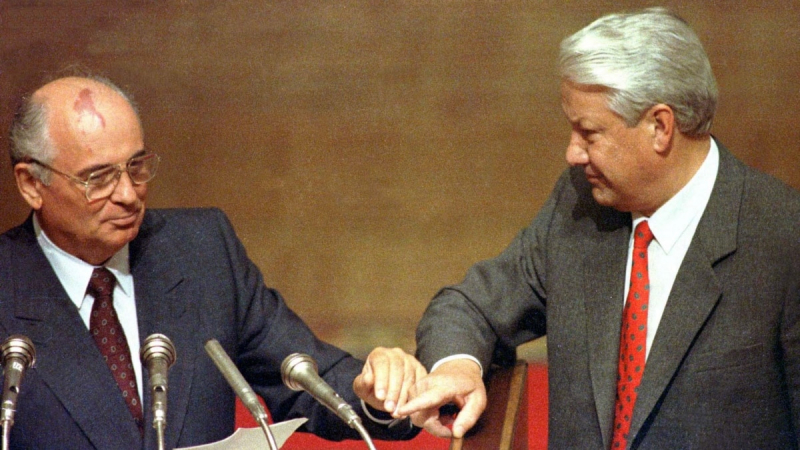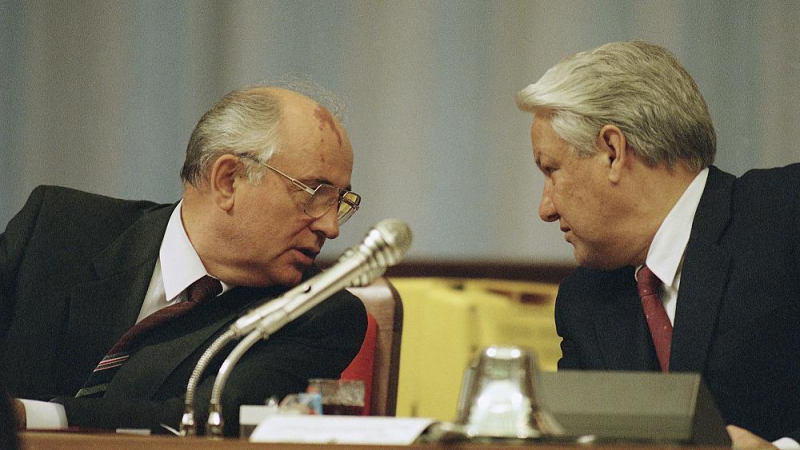He was regarded as a rebel
In 1961, he joined the Communist Party. He started working for the party full-time in 1968, and in 1976 he was appointed the first secretary of the Sverdlovsk oblast party committee. After that, he met Mikhail Gorbachev, who was at that time his rival in the city of Stavropol. Yeltsin was appointed to the Politburo (as a nonvoting member) in 1986 by Gorbachev, who had chosen him in 1985 to purge the Moscow party organization of corruption after assuming power.
Yeltsin demonstrated to be a capable and tenacious reformer while serving as the mayor of Moscow (i.e., the first secretary of the Moscow Communist Party committee), but he alienated Gorbachev when he started to criticize the slow pace of reform at party gatherings, challenged party conservatives, and even criticize Gorbachev himself. Yeltsin was compelled to retire in disgrace from the Politburo in 1988 and the Moscow party leadership in 1987.
He became the first member of Gorbachev's party committee to ever resign. As a result, he garnered anti-establishment support and a reputation as a rebel. In 1990, he was chosen to lead the Russian Supreme Soviet as he advanced in politics.












